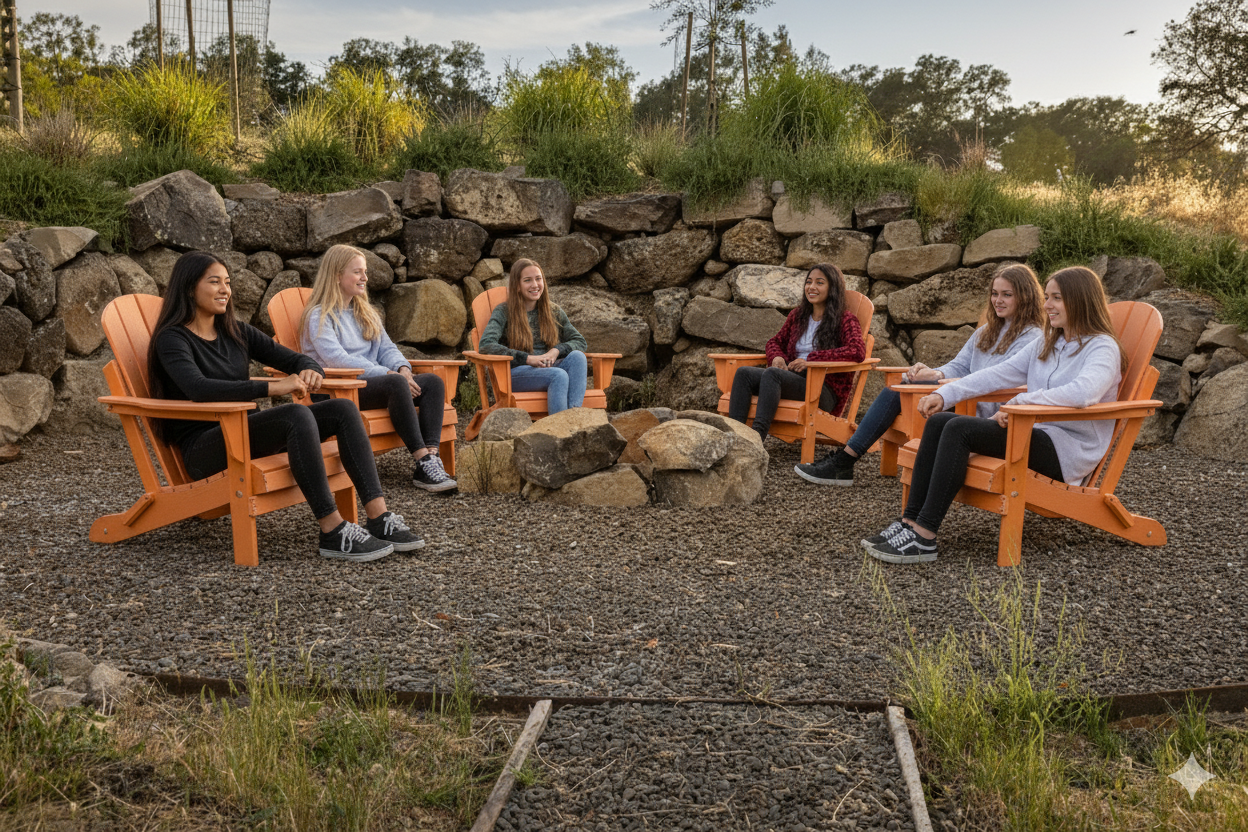President Barack Obama has famously opened up about his use of marijuana while in high school in Hawaii. Now that his term is coming to an end and the opinions of marijuana use are changing publicly and legislatively, he’s taking the opportunity to use his story to reach teenagers.
As a cautionary tale and a way to connect with today’s young people, Obama’s message seems to be, “I wasted too much time and missed out on opportunities. Don’t follow in my footsteps.”
But the message may be more mixed than that to his young listeners. He is, after all, a two-term president, hardly unsuccessful by any measure, regardless of whether you agree with the decisions he’s made in office. Teenagers could arguably hear his message and translate it to mean, “Despite a few misspent years, no harm was done in the end. Teen drug use worked out okay for me, and it will probably work out for you as well.” Did he do more harm than good by speaking with teens about his past with drug use?
Whether or not to share your drug history with your kids is a question often considered by parents. Drew Barrymore, for example, has said that she’ll share her experience with drugs and alcohol with her daughter, but for most of us, a quick online search likely won’t reveal our past choices to our children. Most parents could keep their use of drugs and alcohol a secret—or at least minimize it considerably if it was as extensive as Drew’s—with little effort. But would sharing your experience help you connect with your child and aid them in making better choices?
Some experts say “no.” They believe that, like Obama, your story may only cement the idea in their minds that drug use is harmless, experimental, and somewhat expected during the teen years—and inadvertently cause them to drink or use drugs, thus triggering a later addiction, serious health problems, or a deadly disaster that might otherwise have been averted.
Others say that honesty is the best policy—to a point. Getting too detailed about what you did, how much, or how often may not be the best choice. Avoiding glorification of your substance abuse experiences is important, as is emphasizing the harm that came from it, including hangovers, poor grades, trouble at home, and lost friends.
Any use of marijuana, alcohol, or other substances during the teen years, no matter their legal status, can be detrimental to a teen’s mental and emotional development. If your son is smoking marijuana, taking swift and immediate action to help him stop is the best choice. Contact us at Muir Wood now and find out how we can help.









